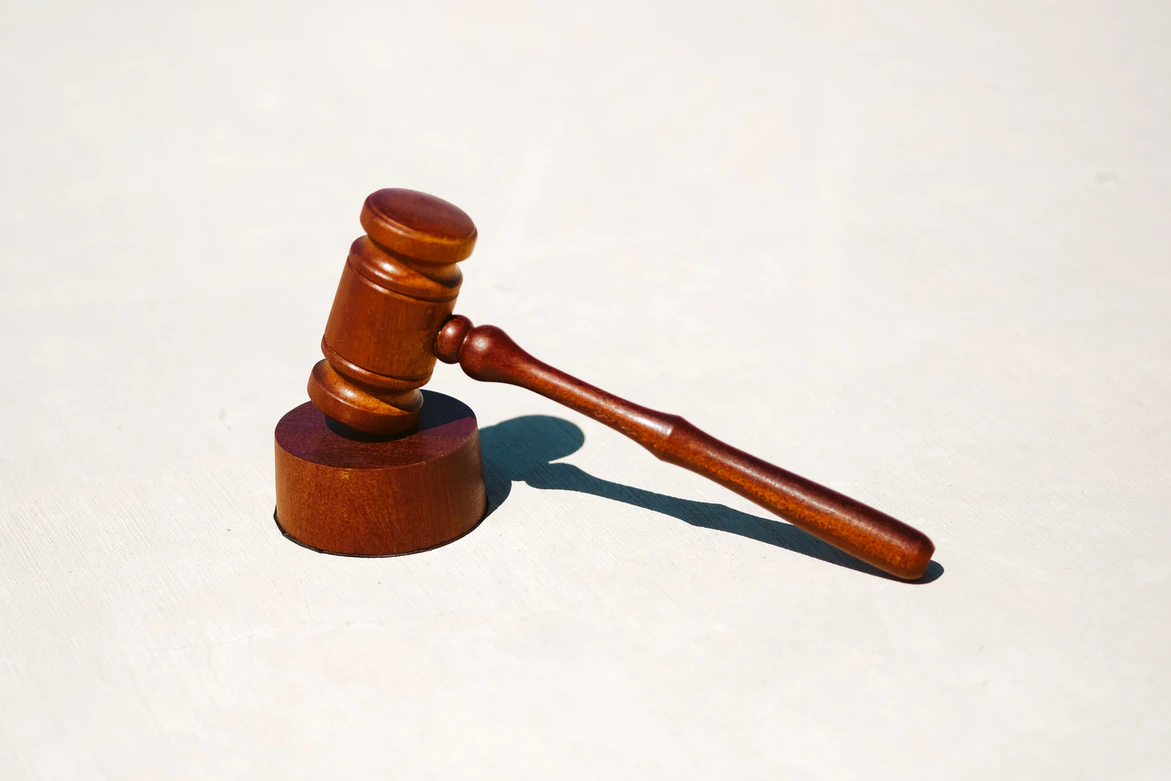Avoiding probate is a common goal expressed in estate planning. Avoiding the costs, delays, and loss of privacy caused by the probate process is often desirable. However, in some cases, there may be some value found in using the probate court process.
Probate is the court-supervised process of handling a deceased person’s affairs — gathering their assets, paying debts, and eventually distributing assets to beneficiaries. Court supervision has both pros and cons. On the negative side, the court involvement is often time consuming and drawn out. The court proceedings and court filings are public, resulting in details and information becoming available unnecessarily. Additionally, the costs of administering and estate increase with the involvement of the court process.
In some circumstances, there may advantages to having the court involved. In the following situations, the court process can provide guidance and certainty that outweighs the negative aspects of probate:
- when there are concerns regarding the proper execution of the deceased’s wishes
- when there is an increased likelihood of family disputes
- when there is significant debt and concern regarding the estate’s ability to pay those debts
Let’s consider each of these factors individually.
Concerns regarding the Proper Execution of Wishes
In some instances, you may have difficulty identifying individuals whom you believe will really honor your wishes for how your money and property are to be managed and distributed. In such cases, you may want the probate court to oversee the process to make sure that your wishes are carried out according to your documented plan.
Concerns regarding Family Disputes
Probate proceedings may also be warranted when there are family disputes or conflicts between your intended beneficiaries. Although privacy is often valued when it comes to family matters, the public nature of probate proceedings may promote accountability among family members in such cases. Heirs who might have acted unscrupulously or unfairly may be restrained if a judge is overseeing the proceedings.
The formalities of probate proceedings may also prompt more reverence for your wishes. As a result, even if some heirs are dissatisfied with your outlined wishes, they will be less likely to contest them because of the court’s involvement. Also, there is a finality associated with judicial processes that could further encourage an individual to honor the judge’s ultimate decision. Whether court involvement preserves family dynamics depends on the specific circumstances. However, the court’s objectivity can make the process easier to navigate.
Concerns regarding Significant Debt and Insolvency
When someone dies, the law requires that, in addition to providing for heirs, the obligations and debts of the decedent be settled. This requirement can be a challenge if the bills and debts are high relative to the estate’s value.
The probate process can be extremely valuable in such circumstances because the court can determine the priority of distributions from the estate. The court can find if there are beneficiaries entitled to any allowances under state law that would be paid before payments to any creditors. The court can order which creditors are paid and how much they receive. Further, because of the structured nature of probate processes, creditors who want to be paid from the estate must follow procedures under state law and the probate court’s requirements. Notice is given to known creditors and made available to creditors who are not known. Creditors must respond by filing claims. In Michigan, the court appointed personal representative can then allow or disallow claims. The court can then be asked to rule on whether, or how much, a creditor will be paid. Failure to follow the required procedures can result in a creditor’s claim being extinguished. Having the court rule on who is paid or not and how much is paid gives direction and finality to the settling of the decedent’s debts and obligations.
What should I do next?
Meeting with an experienced estate planning attorney can help you to determine the best approach for your planning. There are different approaches to consider, based on your circumstances and objectives. We are available to help you evaluate your current situation and identify the types of plans that will best address your wishes and protect you and your loved ones.
